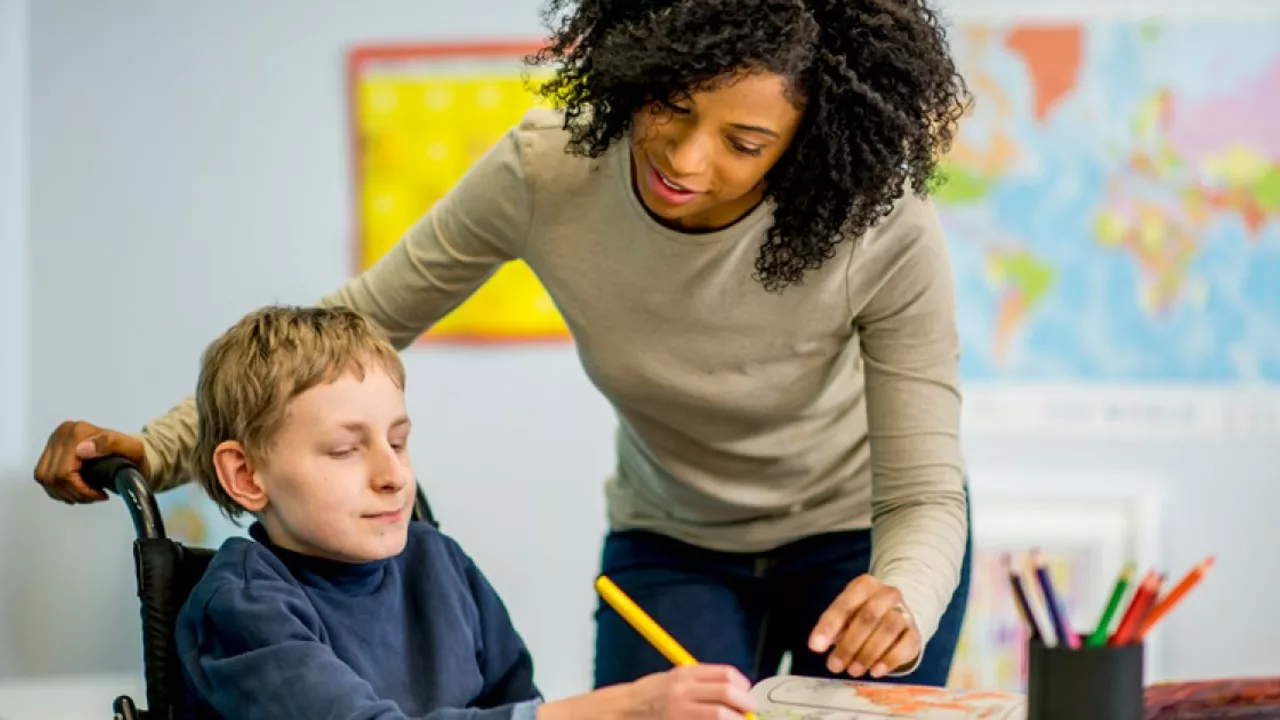Special Education Teachers: Essential Tips & Resources
If you’re a special education teacher, you already know the job is both rewarding and demanding. Every day you’re asked to adapt lessons, work with families, and keep up with new regulations. The good news? There are proven strategies and free tools that can make your workload lighter and your students’ progress faster. Below, we break down the basics you need to stay effective and motivated.
Understanding the Role
First, let’s clear up what a special education teacher actually does. You design individualized education plans (IEPs), modify curriculum, and collaborate with general‑class teachers to ensure students get the support they need. It isn’t just about accommodations; it’s about building confidence and independence. Most schools require a certification in special education, plus knowledge of laws like the IDEA and local policies. If you’re just starting out, consider a quick online course on IEP writing – many are free and can boost your resume.
Practical Strategies for the Classroom
One of the simplest tricks is to use visual schedules. A picture of the day’s activities helps students with autism or ADHD know what’s coming next, reducing anxiety. Pair this with clear, short instructions—think one step at a time. When you need to teach a new concept, break it into bite‑size chunks and use multimodal resources: videos, hands‑on kits, and interactive games. Websites like Read&Write or Boardmaker offer ready‑made materials you can adapt in minutes.
Another game‑changer is co‑teaching. Sit with a general‑education teacher and plan lessons together. This way you can model inclusive practices while still giving individualized attention. Use a “buddy system” where peers help each other with tasks; it builds social skills and lightens your supervision load.
Assessment doesn’t have to be a headache. Try performance‑based tasks where students demonstrate learning through a project or presentation instead of a traditional test. Rubrics keep grading transparent and save you time. Remember to document progress regularly for IEP meetings—short, bullet‑point notes are easier to pull together than long paragraphs.
Professional growth matters, too. Join local special education networks or online forums like the Special Ed Teachers’ Lounge on Reddit. You’ll find fresh ideas, free webinars, and sometimes even mentorship opportunities. Keep a small notebook of what works in your classroom; over time you’ll build a personal toolkit that’s more effective than any generic guide.
Finally, self‑care isn’t optional. Set boundaries, schedule short breaks, and share successes with colleagues. A rested teacher can respond to challenges with creativity instead of burnout. By combining solid planning, collaborative teaching, and continuous learning, you’ll see both your confidence and your students’ achievements rise.
What personality traits do special education teachers have?
Well, folks, the special education teachers I know are a unique breed - they're like superheroes without capes! They're brimming with patience, because hey, Rome wasn't built in a day, right? Empathy is their middle name, understanding and relating to each student's unique challenges. Their creativity is off the charts, always finding new ways to teach and inspire. And let's not forget resilience, bouncing back from any setback with a grin that says, "Bring it on!" So, hats off to these remarkable individuals!
VIEW MORE